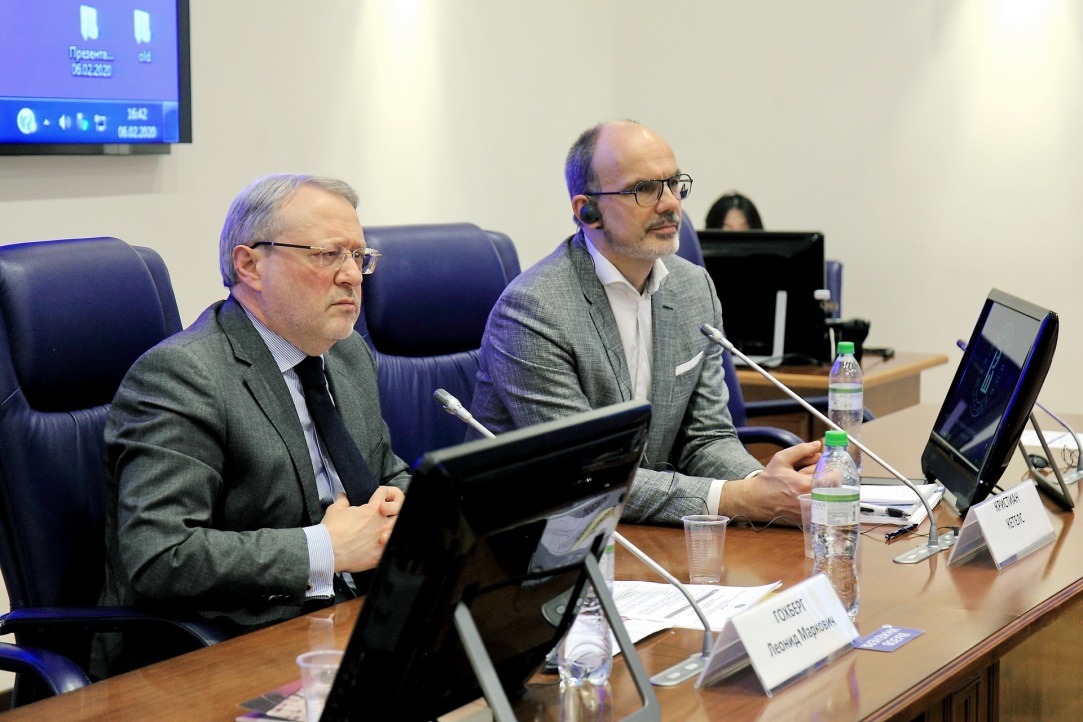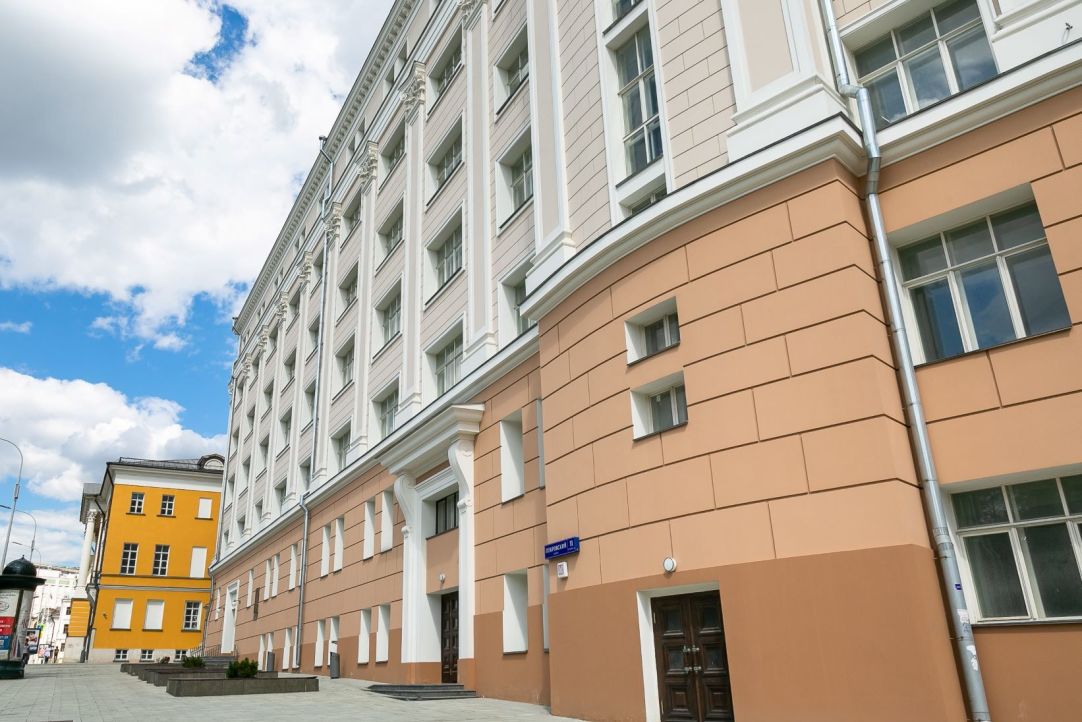On Febrary 11 Zarina Lepshokova (PhD) took part in the "Culture matters" research seminar with the report "Testing the contact hypothesis in the post-Soviet space: a meta-analysis".
News

Topic: Settlements under Unequal Access to Justice: Why Do Policemen in Russia Settle as Often as CEOs?
Date & Time: February, 13; 18:00 - 19:30
Venue: St Petersburg, Fontanka river embankment, 27, PDMI RAS, Marble hall (2nd floor)
Date & Time: February, 13; 18:00 - 19:30
Venue: St Petersburg, Fontanka river embankment, 27, PDMI RAS, Marble hall (2nd floor)
On February 4, 2020, the works of the first ever Nizhniy Novgorod HSE competition "Aerobatics" were defended.
On February 6, a joint scientific workshop of ID Lab and the School of Economics and Finance was held. Anna Bykova, a researcher at ID Lab and associate professor of the School of Economics and Finance, made a presentation “FOREIGN DIRECT INVESTMENTS AS THE DRIVER OF PERFORMANCE FOR COMPANIES FROM EMERGING MARKETS”
Alexey Osadchiy and Nikolai Smetanin will hold a seminar at the Skoltech Center for Neurobiology and Neurorehabilitation




